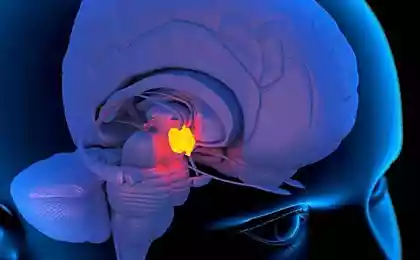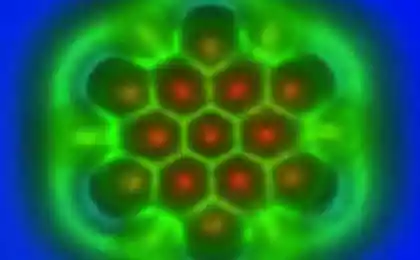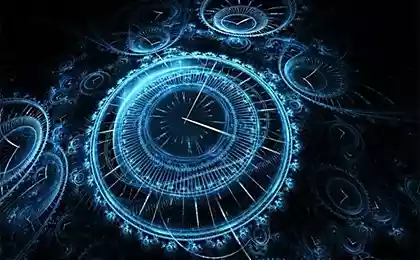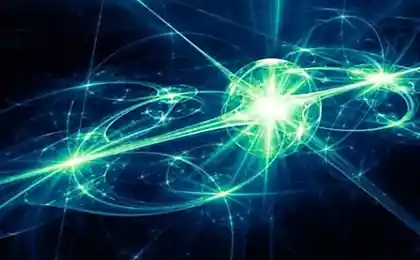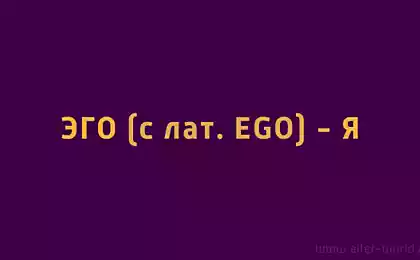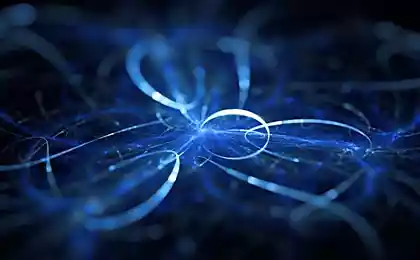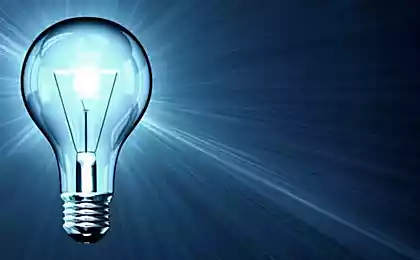815
The idea of "quantum smell" became popular again
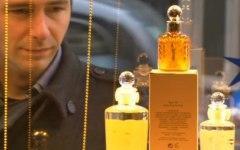
A controversial theory that the phenomenon of quantum physics affect the formation of odors, again became popular after experimenting with people
The theory challenges the concept, stating that the sense of smell depends on the shapes of the molecules in the air that we breathe. Instead, it suggests that meet the smell molecular vibrations.
Testing was conducted with two molecules of the same shape but different variations. The results, published in PLOS ONE, show that people can distinguish them.
New hints at the idea of quantum interactions occurring in biological systems. But the theory, first proposed by Luca Turin from the Biomedical Research Centre Fleming in Greece, remains controversial.
The idea that the shapes of molecules - the only thing that causes the smell, well entrenched, but the doctor Turin said that there are gaps. It gave the example of molecules that include sulfur and hydrogen atoms bonded together they can form a wide range of shapes, but they smell like rotten eggs.
"If you look from the traditional point of view, it's really hard to explain - says Dr. Turin BBC News. - If we look from the perspective of the alternative theory, which says that the smell of a molecule is determined fluctuations, the mystery is revealed sulfide easily ».
The molecules can be considered as a handful of atoms in the spring. Thus the atoms can move relative to each other. The energy of the correct frequency, quantum, can make "springs" to vibrate. Article 1996 Chemical Senses Dr. Turin said it - precisely those vibrations which explain the smell.
He described the mechanism as "inelastic electron tunneling": in the presence of certain "odorous" molecules of the electron within the smell receptors in the nose can "jump" through it and reload quantum of energy on one of the molecular ligaments - the establishment of a vibrating 'spring ».
But the scientific community has argued that this evidence is insufficient.
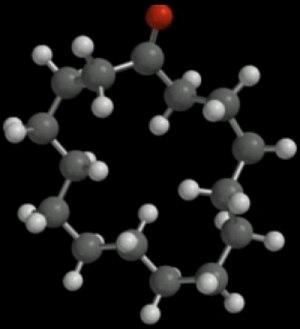
New experiments depended on the creation of an entirely new molecule. Screenshot from the video BBC

